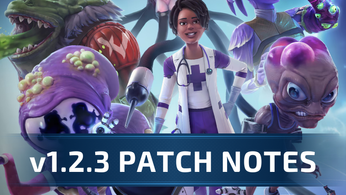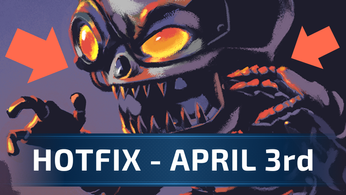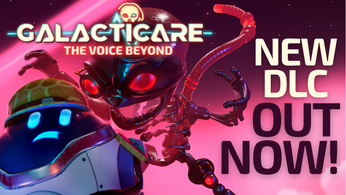
Zero Gravity Beats
Hospital Rating isn't the only score we need to consider; making music for Galacticare is a journey in itself, and we've paired up with Epic Mountain to make it happen.
Greetings Director,
Games are an absolute feast for the senses, olfaction and gustation aside. The sights and vistas; the tactility of a twisty knob or D-pad; the barks and effects of characters and items alike - and oh - the soundtrack of course.
For us, Epic Mountain felt like the obvious choice when looking for a partner in scoring Galacticare (you may have heard their stellar work on Kurzgesagt.) Suffice to say we were beyond words when they were equally keen.
Before we head into today's interview we have an announcement: together with Epic Mountain we are releasing four tracks from our OST - right now!
Check them out on Spotify, YouTube, Soundcloud, Bandcamp and Apple Music, and make sure to follow Epic Mountain on Facebook, Twitter or Instagram!
Now, let's dig into the topic of today's developer diary: music and what's so unique about composing for video games.
Editor's note: the content below is an interview reorganised into first person for readability, with permission of course.
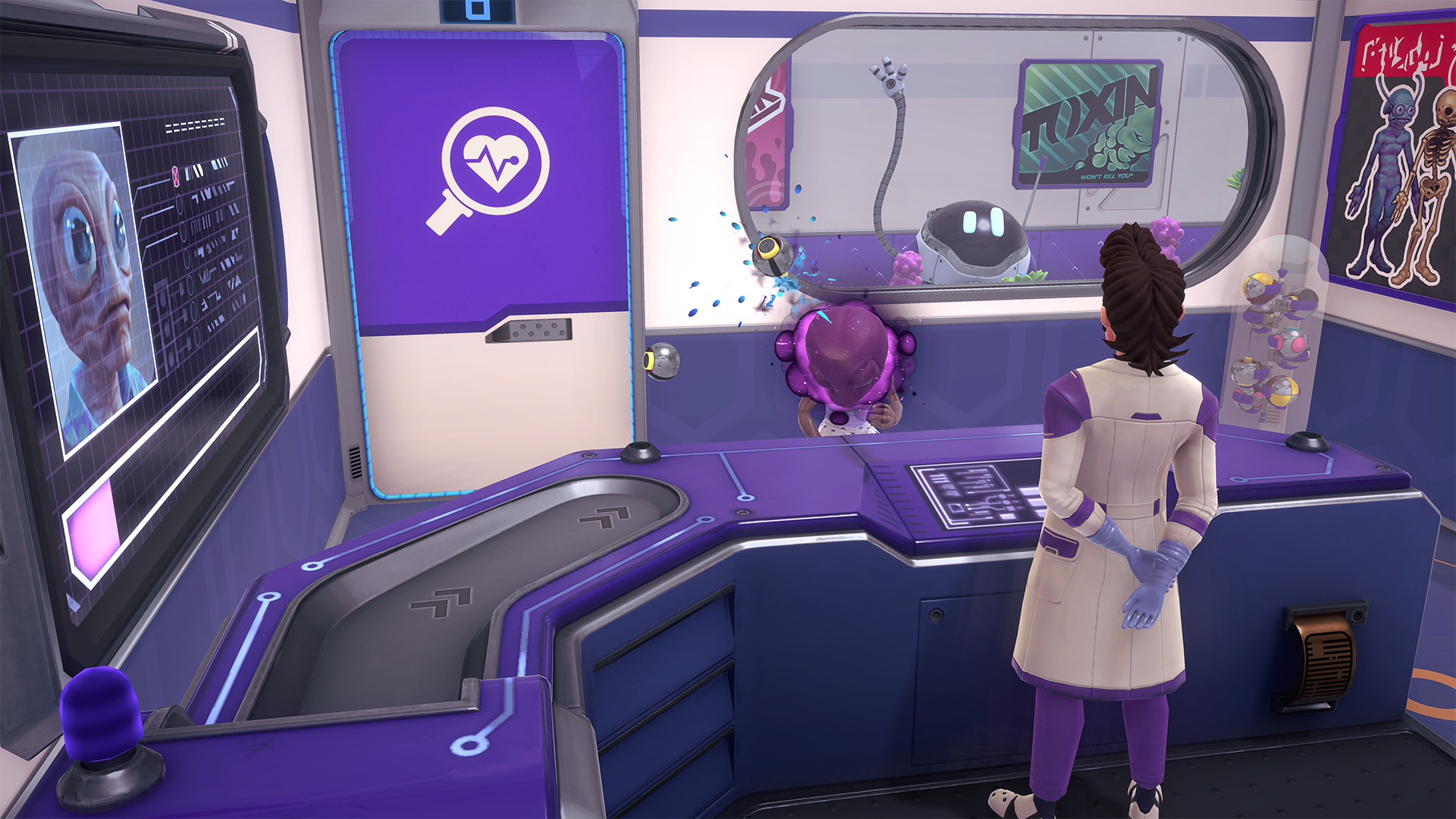
It all started with a simple email back in September 2018.
The folks at Brightrock had already collected ideas about possible music styles, and there was a lot of material to kickstart our inspiration.
We decided quite quickly to jump on a plane and visit the team in Brighton. In hindsight we are even more happy about that decision: we not only got an in depth first briefing, but also got to meet everyone in person. Who would have known back then how precious that would be when Covid hit!
It was great start for all of us, and it really makes a difference to have met in person at least once.
For us it is always important to feature a recognisable element throughout the soundtrack, either a melody or a specific instrument. In this case we started off with the melody for the first trailer, and we just went from there. We do refer to that melody a couple of times throughout the OST.
The process behind every track is quite simple:
We get a briefing and the magic starts happening – at least that is what most people think – for us, magic means sitting in front of the piano or a synth for hours until we have an idea that we really like and that could be unique for Galacticare.
We were looking for catchy tunes, space ambience - but not too dark - with a little weirdness that fits the absurd, nice but yet creepy aliens. We share previews of ideas very early on to get feedback on it as soon as possible, even if that sometimes means killing a song or melody right away.
In most cases it takes about maximum two rounds of feedback for us to be able to finalise the track.

We are greatly influenced by games we played in our adolescence, like Age of Empires, Warcraft III, SimCity, Sims, Mario Bros, Mario Kart - the list goes on. (editor's note: good luck getting that AoE2 soundtrack out of your head!)
Looking back at the tools, software and limited storage they had, it's insane. In the beginning of gaming they didn’t even have the capacity to build an orchestral soundtrack, and could only work in short loops.
Yet they managed to create classics and, in some cases, even live up to today’s game music standards just by being so damn catchy. Just reading the word Tetris, will have you whistling the music all day long.
History definitely influenced our approach; we wish to create simple and catchy melodies, but also translate them into powerful full soundtracks using all available technology and sounds we have today.
So what makes a video game soundtrack impactful? In our opinion:
- when the melody is simple
- gets stuck in your brain
- and creates a unique gaming experience.
With games on CDs and consoles the storage problem more or less disappeared in the mid 90s. And with that a lot of composers, who were already successful in creating film music, came onto the gaming scene.
Viewers generally consume film in a passive manner, meaning you may compose a soundtrack well fitted to every single frame. But gamers are active and subjectively far more immersed in their experience, something your music needs to support; often by going for a more general approach, as each player will play differently.
You also want to keep in mind that sometimes people play for ten minutes, and other times for several hours. The music should transport people into the game experience effectively, but not get on their nerves after a while. It's always good to have multiple tracks on shuffle!

What is beautiful about the gaming scene is, even though you have giants like Hans Zimmer’s massive orchestral infernos, there is still room for simple retro game music. Where there are sometimes huge budgets, the industry still appreciates themes that sound like they are from the 80s and 90s, resulting in a great variety of music.
It's always super exciting to see genres that might have not been heard in gaming make their first appearance. For example, we are big fans of Mick Gordon’s work on Doom and Wolfenstein. He has a completely different and brutal approach but fits the genre so well.
Stories like Mick's really get us excited and, to us, prove that there are really no limits when it comes to game soundtracks.

So how did we balance creating an immersive soundtrack while avoiding cognitive overload for the players?
Our approach was creating effortless melodies by avoiding complex chord progressions, but do so using unusual instruments and at times, really weird synthesizer sounds.
Galacticare has both human and alien elements, and we want to represent this, but in a sneaky way to get in your head and not in your face.
Starting with the space perspective: some synthesizers fit space related characters very well. Fun fact: this is due to the “historical” use of some instruments. For example, the theremin. Introduced in 1920 and used in thrillers and sci-fi movies time and time again. As early as 1945 Alfred Hitchcock made use of the mystical sounds of the theremin in “Spellbound”.
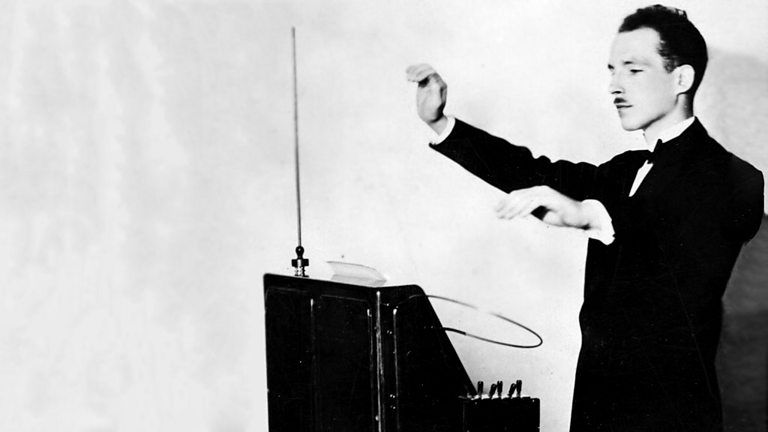
Fast-forward to now and the theremin has reached cult status among fans of intergalactic worlds. Many of its sounds have become standard space related sounds, and we made use of that from time to time.
For the human side of Galacticare we had discussions early on with Brightrock whether we should go with a more orchestral approach, or stay in the synth lane. In the end we all agreed to go for the synthesizer. But it was clear we didn’t want to go too cartoony and stay somewhat mystical, and still infuse orchestral elements into the human side of the game.
We can feel the effect of the industry growing and getting more recognition. We don’t need to have discussions anymore about why music in games is important; there is a common understanding that the soundtrack has a huge part in the quality of the gamers experience and is not just some side product. That's a nice change!
What will be very cool, and we are already working on some projects, is the whole VR Game scene. There is some CRAZY stuff in the making.
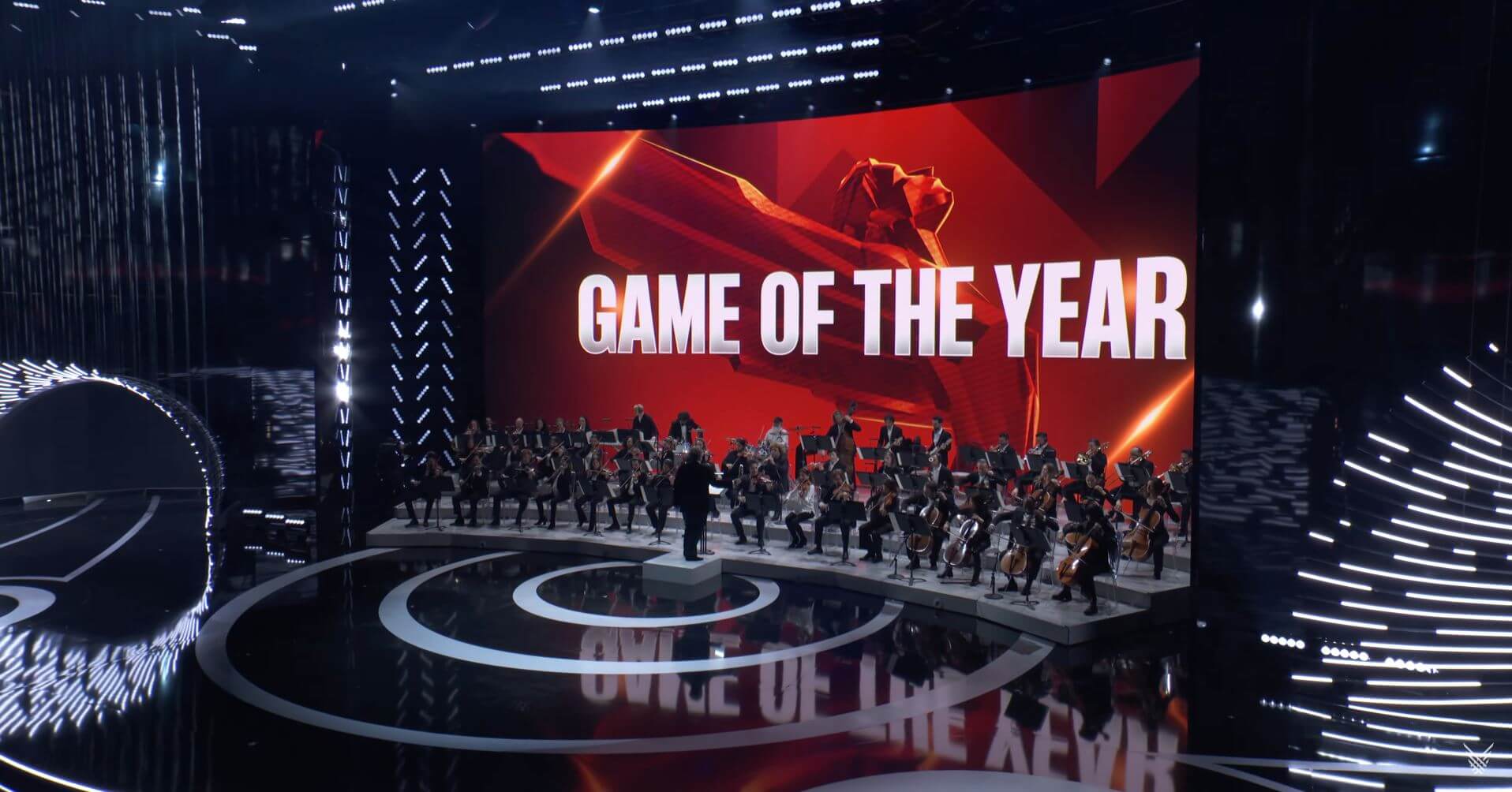
We definitely want to work even more with games. This experience with Brightrock specifically has shown us just how much fun it is to compose soundtracks for video games. We like projects where our creativity is appreciated, but also where we get the right amount of feedback without too much bureaucracy.
If you want to collaborate with Epic Mountain or remix one of our tracks, we are definitely open to it! The best way is to contact us directly via E-Mail.

We can’t wait to see the reaction to the game and OST. We tried to never get too goofy and, whilst working within the infinite potential of space, stay respectful to the management elements of the game. In the end you are building a hospital with sick people and aliens who are seeking your help, and the music should reflect that.
If people whistle our tunes and melodies after playing Galacticare: consider us happy!
Editors note: all right, interview over, thanks Epic Mountain!
That’s all from us for today. We hope you enjoyed peeking behind the development curtain, and learning about some of the problems and goals we’ve been tackling along the way. Next time, we’ll dive into the consultants of Galacticare - hope to see you then!
Until next time Director,
Brightrock & CULT
Brightrock Games Newsletter
Join the newsletter to receive the latest updates from the studio straight into your inbox.



